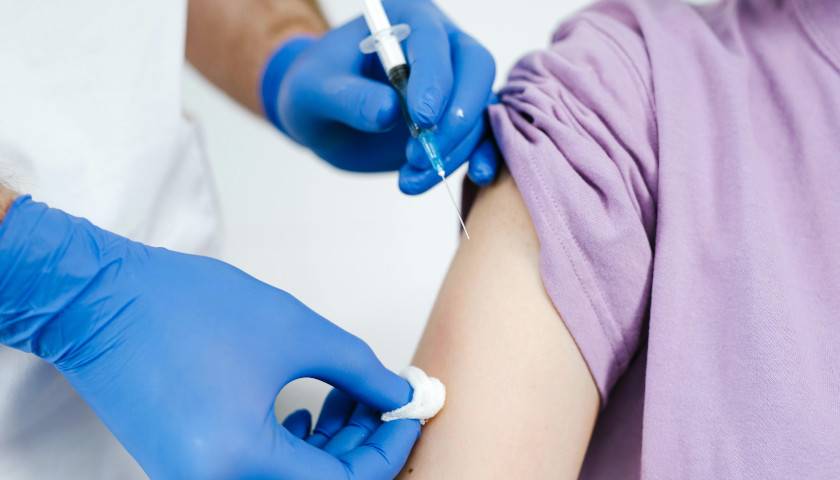by Brett Rowland
People living in states with more Republican voters were more likely to report COVID-19 vaccine side effects than those in states that lean blue.
That’s according to a new study that looked at 620,456 COVID-19 vaccine adverse event reports from adults reported to the federal Vaccine Adverse Event Reporting System. The study was published in JAMA.
The study found a 10% increase in state Republican voting was associated with a 5% increase in the odds that a COVID-19 vaccine adverse event would be reported, a 25% increase in the odds that a severe adverse event would be reported, and a 21% increase in the odds that any reported adverse event would be severe.
“This cross-sectional study found that the more states were inclined to vote Republican, the more likely their vaccine recipients or their clinicians reported COVID-19 vaccine [adverse events],” the authors wrote. “These results suggest that either the perception of vaccine [adverse events] or the motivation to report them was associated with political inclination.”
The authors further note that “the results are consistent with a relative overreporting of vaccine [adverse events] among Republicans or a relative underreporting among Democrats.”
Michael Cannon, the Cato Institute’s director of health policy studies, said the study highlights the biggest failure of the pandemic.
“Importantly, this study does not mean that Republicans are wrong about the vaccines and Democrats are right,” he told The Center Square. “This study suggests that, between voters who align with Republicans and those who align with Democrats, at least one of these groups – and most likely both – allow their partisanship to color their perception of the vaccines. It highlights the greatest public health failure in this country in at least 100 years, which was to politicize the government’s public health messaging on COVID-19.”
Mark Pauly, professor emeritus of health care management at the University of Pennsylvania’s Wharton School, said that the conclusions made by his colleagues seem reasonable.
“This shows that self-reported adverse events is a soft metric, depending on subjective judgment,” he told The Center Square.
The authors noted the study was limited by its design.
“Both vaccine reporting and political voting occur at the level of individuals, but here they are measured at the level of states,” according to the study. “Nevertheless, the only way the results might not support a relatively increased [adverse event] reporting rate among individual Republican-voting citizens is if Republican-voting citizens were less likely to report but far more likely than Democrat-voting citizens to be vaccinated in the first place or if, as the proportion of Republican-voting citizens in a state increased, the adverse event reporting rates among the progressively fewer Democrat-voting citizens increased at an even steeper rate. Neither possibility seems likely.”
– – –
Brett Rowland is an award-winning journalist who has worked as an editor and reporter in newsrooms in Illinois and Wisconsin. He is an investigative reporter for The Center Square.




